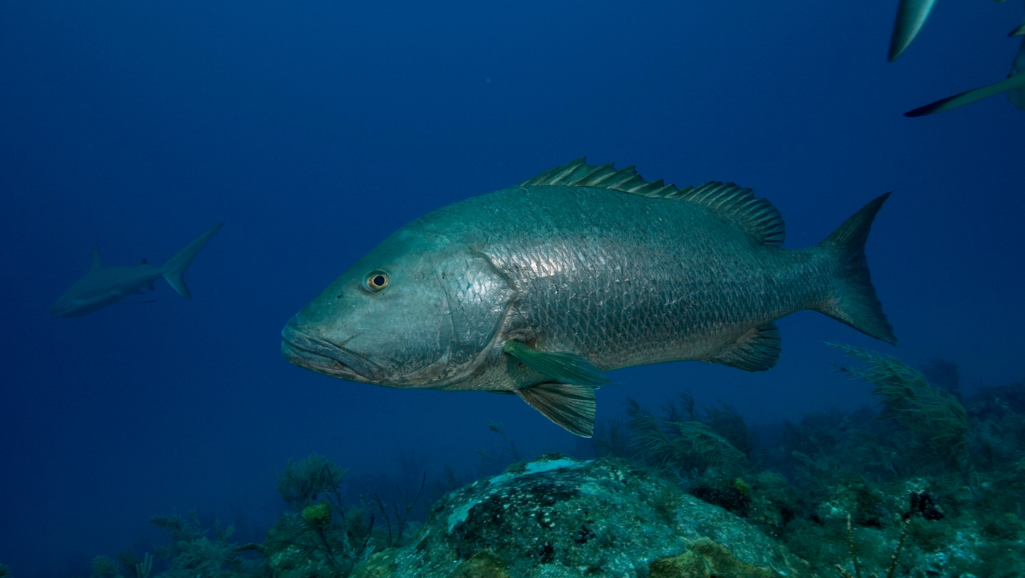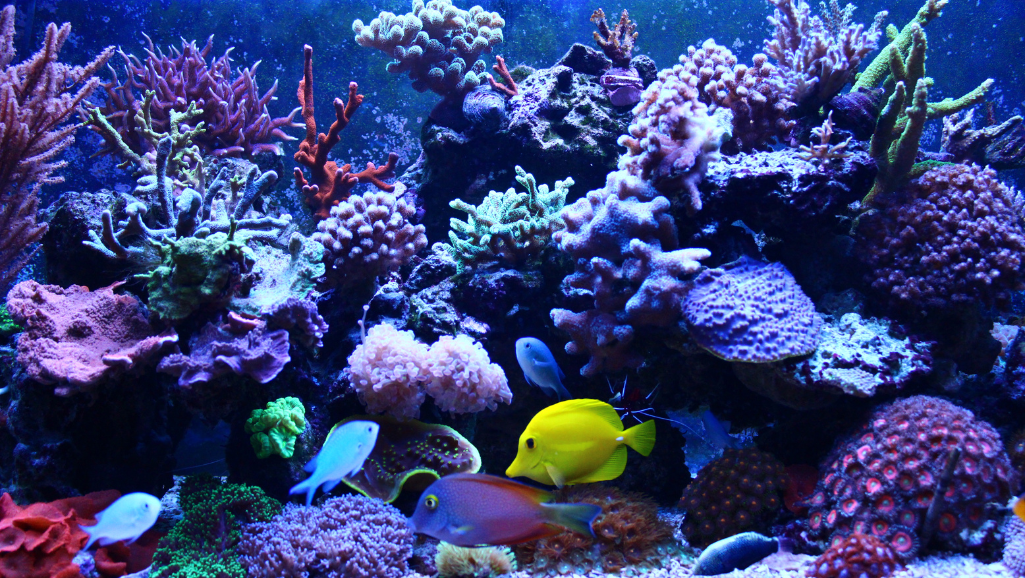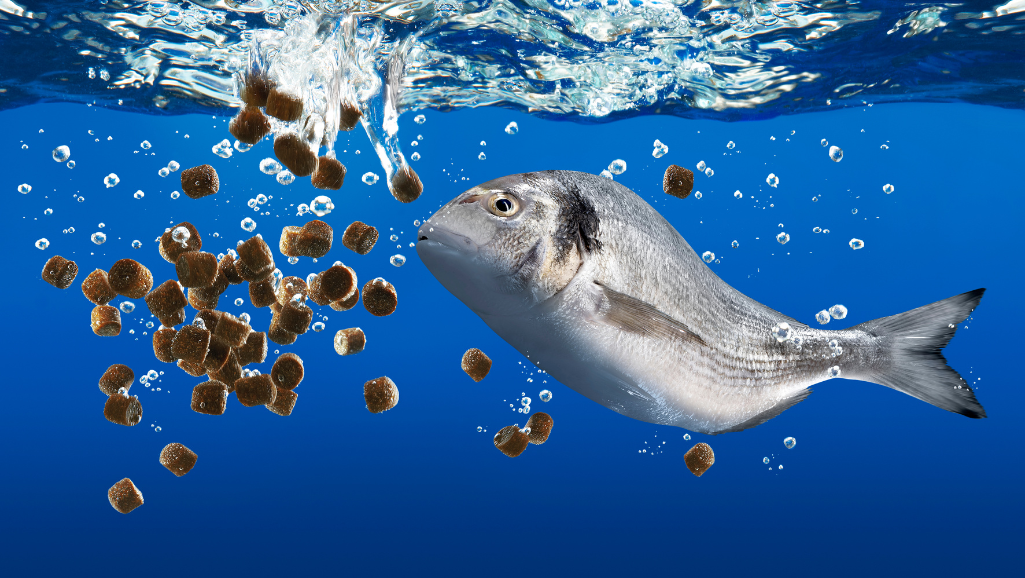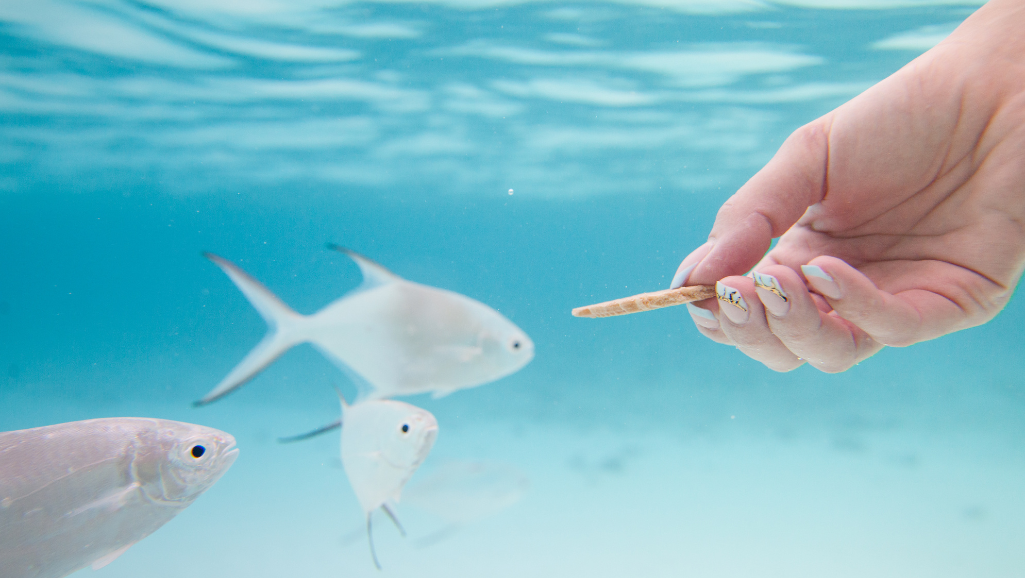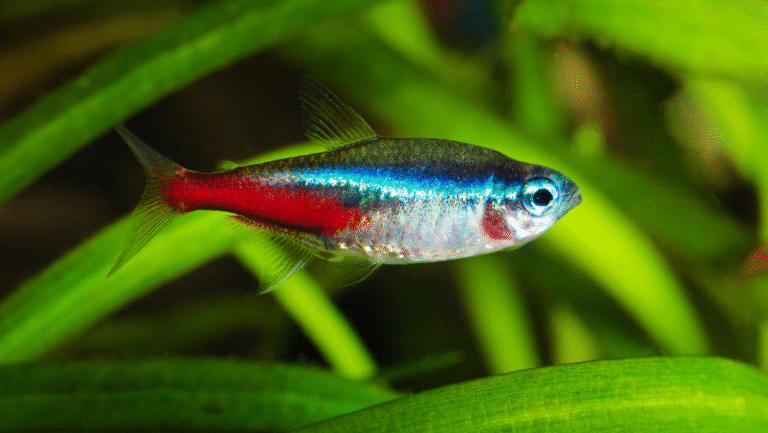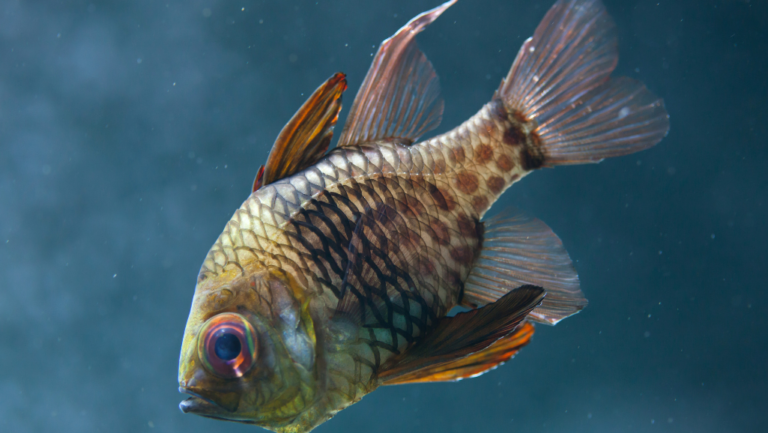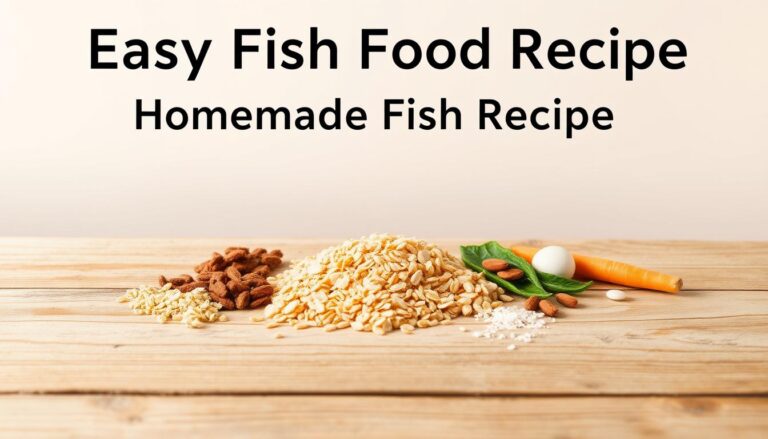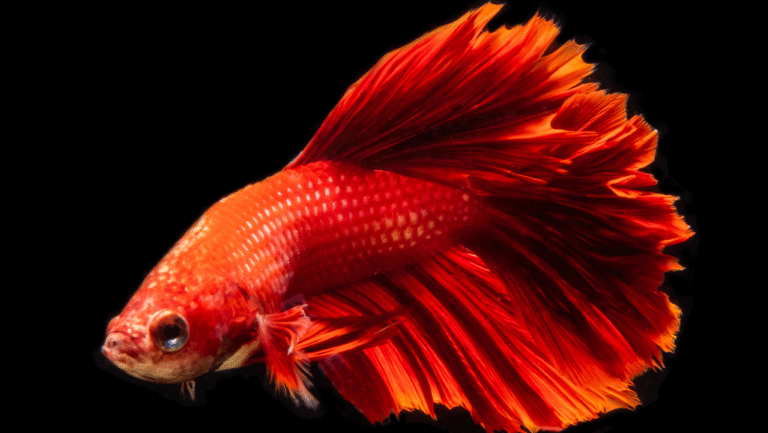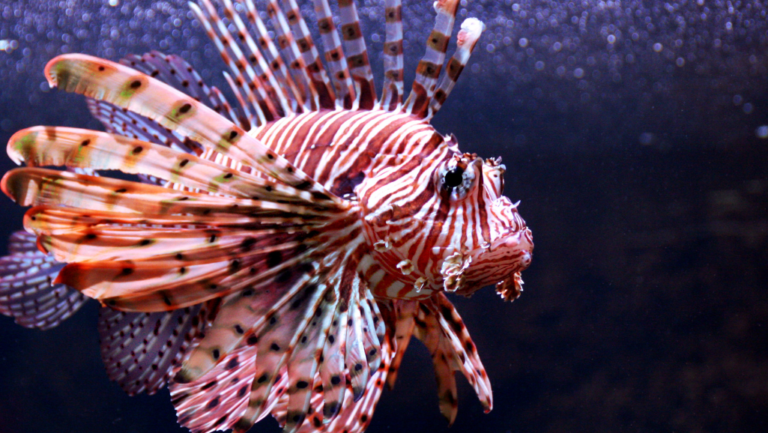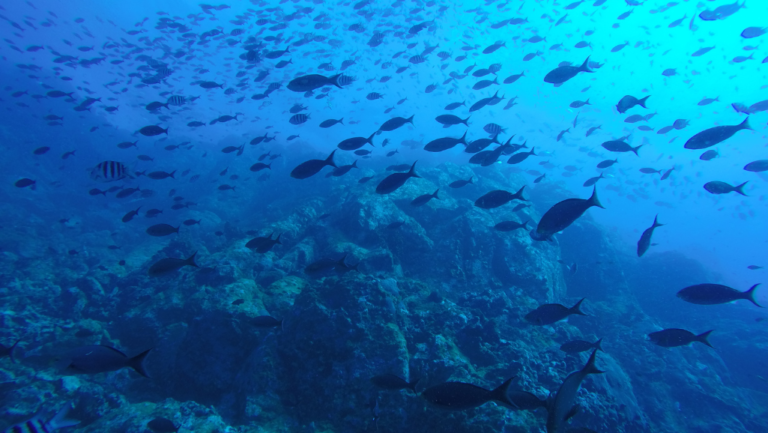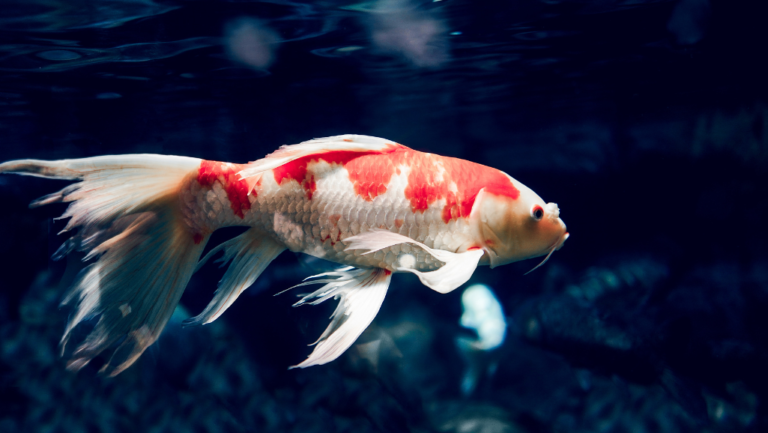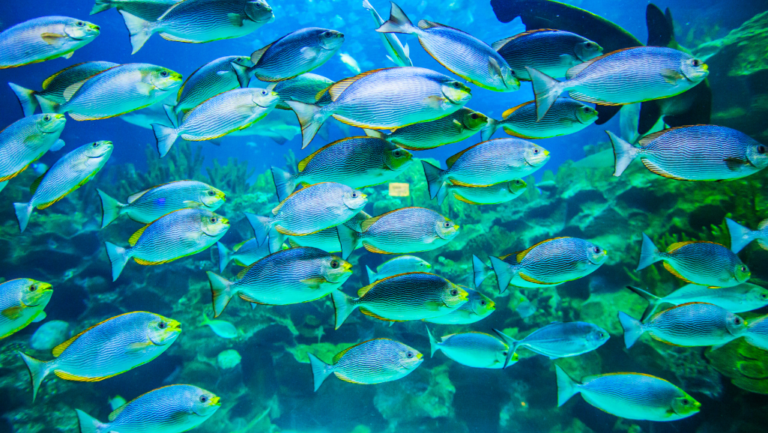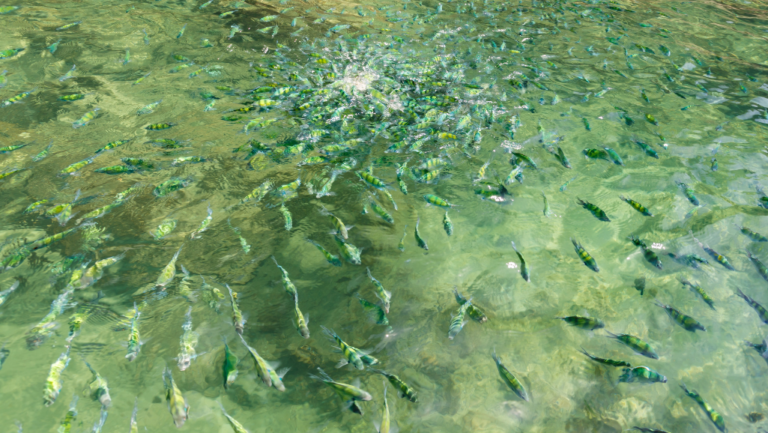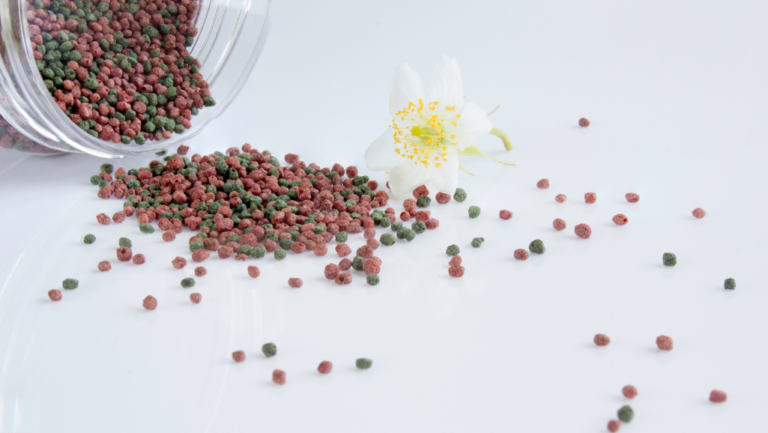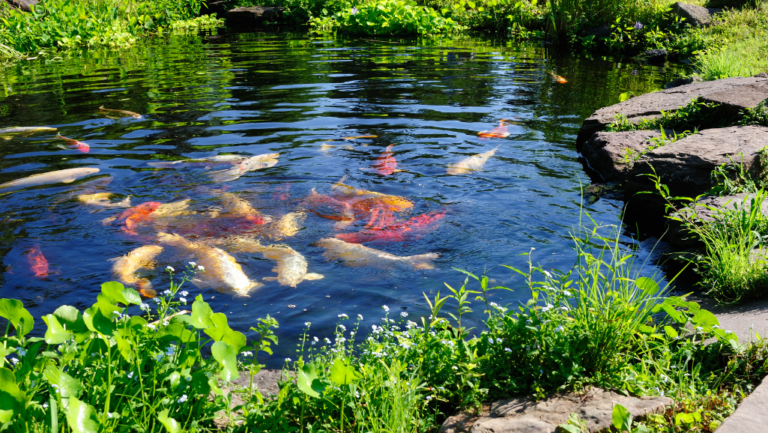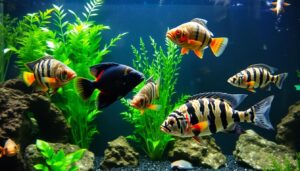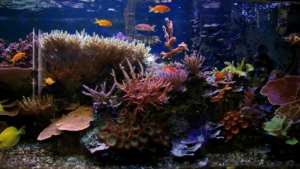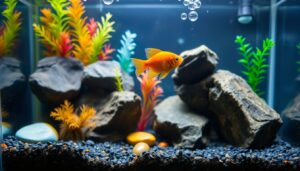Planning a vacation but worried about your aquarium fish? Don’t worry! With the right food and a few tips, your fish will be happy and healthy while you’re away. You can choose from portable fish food, automatic feeders, or even a fish sitter. Each option helps keep your fish well-fed and happy.
Before you leave, do a 30% water exchange to keep the water quality stable. This step is crucial for your fish’s health. Also, make sure your filter systems are working right and set up your aquarium lights on a timer. This helps keep your fish’s day-night cycle regular.
Feeding your fish while you’re away has several options. Automatic fish feeders let you set up feedings for up to two weeks. They’re reliable and consistent. Or, you can use slow-release feeders that can last up to 14 days.
The amount of food your fish needs depends on their size, age, and type. Some fish need to eat more often, while others can go longer between meals. Water temperature and how active your fish are also play a role in how much they eat.
Key Takeaways:
- Best Vacation Fish Food.
- Perform a 30% water exchange and check filter systems before leaving for vacation.
- Set up aquarium lighting on a timer to maintain a proper day-night cycle for your fish.
- Use automatic fish feeders or slow-release vacation feeders to ensure consistent nutrition.
- Consider the specific feeding requirements of your fish based on age, size, diet, and species.
- Monitor water temperature and fish activity levels, as they impact metabolism and food needs.
Preparing Your Aquarium for Vacation
Before you leave for vacation, make sure your aquarium is ready. A 30% water exchange is key to keep water quality good. This helps your fish stay healthy and happy while you’re away.
Also, check your filter systems. They should be working well and not clogged. A clean filter is vital for your fish’s health. If your filter stops working, replace it quickly to keep the water clean.
Set Up Aquarium Lighting on a Timer
Use a timer for your aquarium lights to keep a day/night cycle. Aquarium lights should be off at night. This helps your fish stay on a regular schedule and avoids stress.
“Different fish species have varying abilities to survive without food, with some needing daily feeding while others can last a week or longer.”
For vacation-safe fish feed, think about automatic feeders or live foods like blackworms. But, don’t overfeed. Healthy adult fish can survive without food for a week or two, even on short trips.
By preparing your aquarium for vacation, your fish will have a stable home and the right tropical fish food while you’re away.
Feeding Options for Your Fish While Away
When you’re planning a vacation, think about your fish’s well-being. There are many ways to keep your fish happy and healthy while you’re away. You can choose from a professional fish sitter, a trusted friend, or automatic feeders. The best choice depends on how long you’ll be gone and what kind of fish you have.
Hiring an Experienced Fish Feeder or Professional Fish Sitter
For long trips or complex aquariums, a professional fish sitter is best. They charge around $10 an hour, with extra fees for extra tasks. This is great for saltwater tanks and trips over a week.
Asking a Friend, Neighbor, or Family Member to Feed Your Fish
For short trips and freshwater tanks, ask a friend or family member. They might charge $10 per visit, perfect for trips under a week. Make sure to give them clear instructions and pre-measure the fish food to avoid overfeeding.
Using an Automatic Fish Feeder
Automatic feeders are easy to use and set a feeding schedule. They cost between $25 and $60. Before you leave, test it to make sure it works right and feeds the right amount of travel-friendly fish treats.
Utilizing Vacation Fish Feeders or Feeder Blocks
Vacation feeders and feeder blocks give food slowly. They’re cheap, costing $2 to $6, and come in different sizes. But, they’re not as nutritious as regular fish food.
“Vacation feeders are available in 2-day (weekend), 7-day, and 14-day sizes, making them a versatile choice for different trip durations.”
Fasting: Skipping Fish Food Altogether
For short trips and healthy cold water fish, fasting might work. Fish can go without food for a week or two. This is cheap for short trips. But, make sure your fish are healthy and the tank’s filter is working well. Remember, overfeeding is a bigger problem than underfeeding for water quality.
Considerations for Different Types of Fish
When you’re planning to leave your aquarium, think about your fish’s special feeding needs. Each fish type needs different food based on their age, water temperature, and how active they are. Knowing these differences helps make sure your fish get the right food, even when you’re not there.
Feeding Requirements for Newly Hatched Fish
Newly hatched fish need food more often than adult fish. They should eat 3-8 times a day to grow fast. They need a diet rich in protein to stay healthy. Make sure to adjust your feeding plan based on your fish’s age before you go on vacation.
Feeding Needs of Warm Water Fish Species
Warm water fish, like betta fish, burn energy faster than cold water fish. They need to eat more often to stay healthy. Plan their meals carefully, considering your aquarium’s water temperature and your fish’s needs. Learn about their dietary needs to care for them while you’re away.
Feeding Schedules for Active Fish Breeds
Active fish, like danios and barbs, need lots of energy. They might need to eat more often than calm fish. Choose snacks that keep them going while you’re on vacation. Automatic feeders or vacation feeding blocks can help.
Remember, overfeeding can lead to water contamination, so it’s best to provide your fish with small, frequent meals that they can consume within 1-2 minutes.
Think about your fish’s age, water temperature, and activity level when planning their meals. This way, you can make a special feeding plan. It will keep them happy and healthy while you’re on vacation.
Best Vacation Fish Food Options
Planning a vacation means finding the right food for your fish. Choose travel-friendly fish treats that are full of nutrients and easy to manage. Automatic fish feeders are perfect for feeding dry foods like flakes and pellets at set times.
Vacation fish feeders or feeder blocks keep food flowing for days. They come in sizes for weekends, a week, or two weeks. But, they might not be as nutritious and could harm water quality. Always think about your fish’s needs and tank setup when picking food.
Most adult fish can skip meals for a week or more. But, baby fish need to eat often, 3-8 times a day. Older fish might only need to eat 2-7 times a week.
“The key to successful vacation fish feeding is to understand your fish’s unique needs and choose a solution that maintains their health without compromising water quality.”
Water temperature affects how much and when fish eat. Keep the room cool, below 80 degrees, in summer. Also, turn off aquarium lights at night and on in the morning to keep a natural day-night cycle.
Automatic fish feeders cost about $25-60. Vacation feeders are cheaper, $2-6. Hiring a fish sitter can cost $20 an hour or more. A casual sitter might charge $10 per visit, depending on their work.
Tips for a Stress-Free Vacation for You and Your Fish
Planning a vacation means making sure your fish are cared for when you’re away. Use the right tropical fish food and vacation-safe fish feed. This way, you can relax knowing your fish are happy and healthy.
Clearly Communicate Fish Care Instructions to Your Sitter
Give your fish sitter all the details on feeding and care before you leave. Remember, 70% of hobbyists think fish can skip meals for a weekend. But for longer trips, having a reliable sitter is key. Use plastic pill boxes to help your sitter feed the right amount each day.
Prepare Extra Water Conditioned with Water Conditioner
Get extra water ready with a water conditioner before you go. About 65% of reefers suggest doing a water change before vacation. And 45% mix saltwater in advance for their sitter.
“Doing a partial water change before leaving for vacation can help reduce water stressors for fish and keep them healthy in the owner’s absence.”
Avoid Overfeeding to Maintain Water Quality
Feeding too much can harm your fish and the water. While some fish can go weeks without eating, it’s safer to use an automatic feeder. About 55% of owners prefer these feeders for longer trips.
Provide Contact Information for Emergencies
Give your sitter your contact info and details of an experienced aquarist for emergencies. 60% of reef tank owners say having someone familiar with the tank is crucial. Also, 50% find controllers with alerts helpful for monitoring the tank while away.
By following these tips and using the right vacation-safe fish feed, your fish will stay healthy and happy. You can then enjoy your vacation without worry.
Conclusion
Planning for your aquarium’s care is key when you’re going on vacation. Researching the best fish food and understanding your fish’s needs is important. This way, they get the right nutrition while you’re away.
There are many ways to keep your fish fed and healthy. You can hire a fish sitter, ask a friend, or use automatic feeders. Each option helps ensure your fish stay well-fed and happy.
Choosing the right fish food is crucial. Different fish need different foods. Freshwater fish and saltwater fish have different needs. Good fish food has protein, nutrients, and vitamins for your fish’s growth.
To have a worry-free vacation, tell your fish sitter how to care for your fish. Prepare extra water and don’t overfeed. With the right food and care, your fish will thrive while you’re away.
